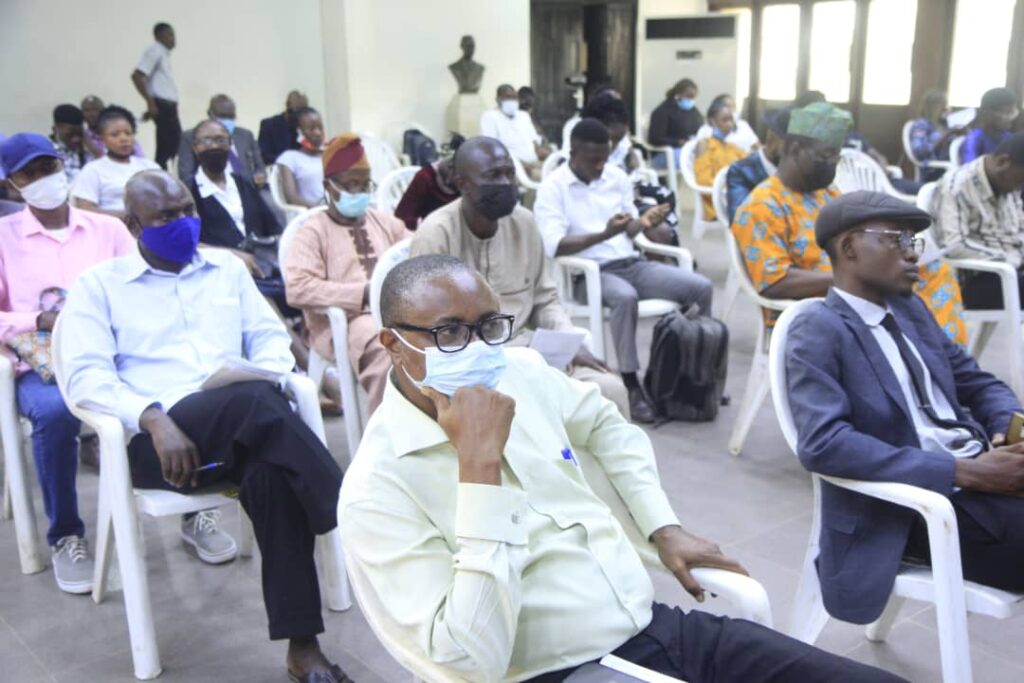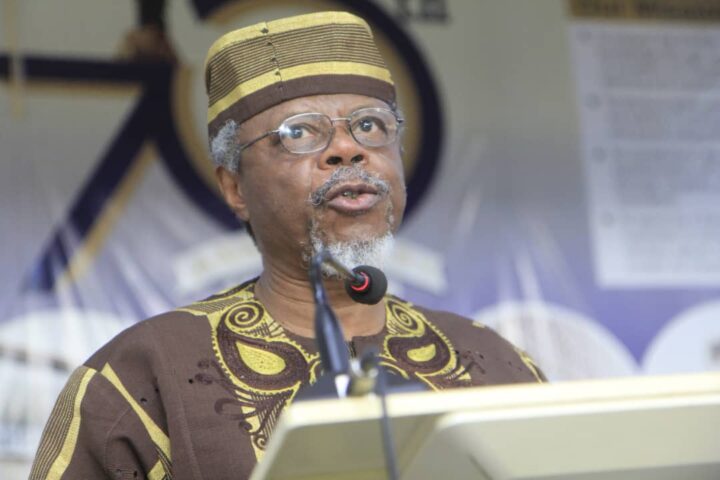Toyin Falola, a professor of history at University of Texas, says the University of Ibadan needs to embrace digital evolution, considering the institution’s intellectual resources.
He said this on Tuesday at the maiden edition of the higher doctorate lecture series, organised by the postgraduate college of the University of Ibadan.
According to him, the institution cannot afford to be left behind in terms of technological advancement.
“As part of efforts to key into the 21st century and maintain a status of a relevant institution of learning, the University of Ibadan will have to take the front seat in the struggle towards the fourth revolution,” he said.
Advertisement
“Everyone in attendance here today will agree with me that the world is on the brink of a technological revolution. If one considers the pace at which many countries are already moving with the technology tides, we can conclude that some have already keyed into this revolution and have begun charting innovative ways around it.
“As I see it, this revolution will strategically alter the way everyone does things and how they carry out their daily tasks. The complexities and transformation it will bring will be a phenomenon, and we cannot afford to be left out of these changes.
“Considering this, the university must take the lead with a comprehensive and integrated response that involves stakeholders, especially within the university. We must understand that many of the great ideas that have disrupted the order of things in the past have mostly been birthed from within an academic area and have also been championed in that same environment.
Advertisement
“From the first revolution, which leveraged water and steam power to mechanise production, to the second revolution that leveraged electricity for mass production, to the third revolution that rode on digital and information technology, all of these have all been connected in one way or the other with institutions of learning across the world. Now that we have the fourth revolution around the corner, and countries are keying into it, it is high time, once again, that the university rose to the tasks and champion the struggle.
“The fourth revolution, which is characterised by a digital evolution and a rapid fusion of technologies for humans, will disrupt as many industries as possible, and institutions of learning, like UI, cannot be excluded. The transformation is projected to transform things exponentially and affect the length and breadth of the production and governance system. Therefore, the university has a critical role to play.”
Speaking further, Falola also urged the institution to be more global in its approach, while also not losing its sense of identity.
“The assignment of pluriversalism has started with an applaudable zeal, and one cannot refute the fact that the University of Ibadan, and by extension other African universities of similar orientation, have set a defining track record here. The journey has started, but I believe it needs to be given more concentration and collective focus,” he said.
Advertisement
Earlier in his keynote address, the vice-chancellor of the University of Ibadan, represented by Jonathan Babalola, the provost of the postgraduate college, commended Falola on his achievements.
“To date, only six academics were awarded the higher doctorate of the University of Ibadan. While five were from the sciences, professor Falola became first to get it outside of the sciences. The postgraduate college made it compulsory that recipients of higher doctorate must receive it in person and give a public lecture in this regard. Our lecturer for today is a global institution as an academic. He is celebrated globally. He received the first D.Litt. by assessment. This is the first in Africa,” Babalola said.

Advertisement
Add a comment





